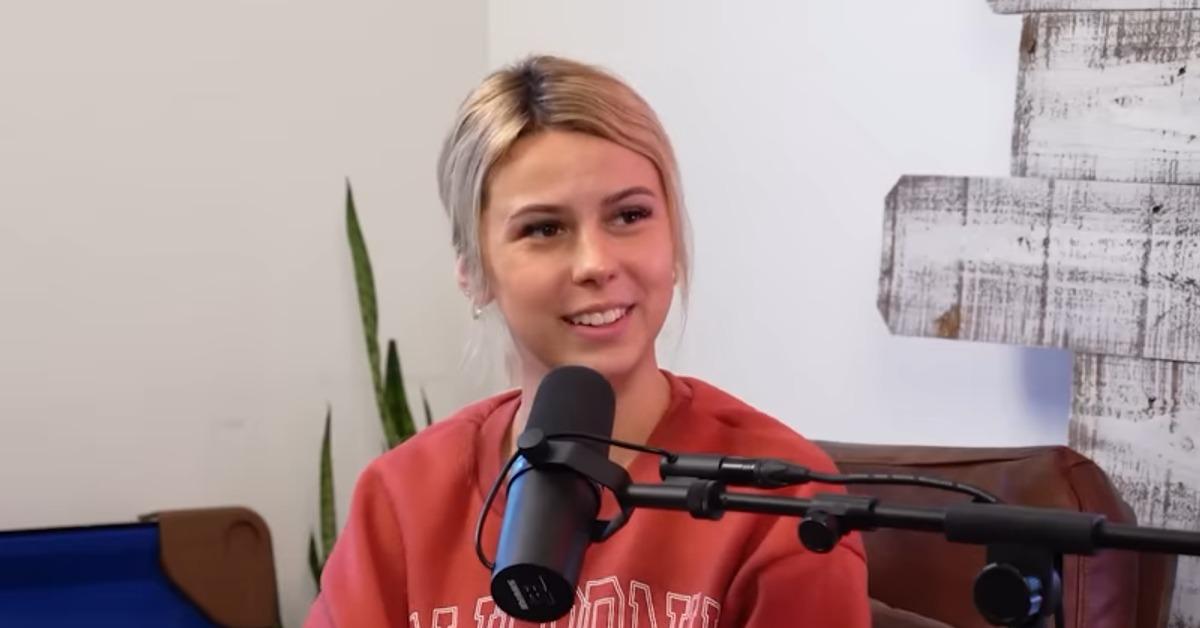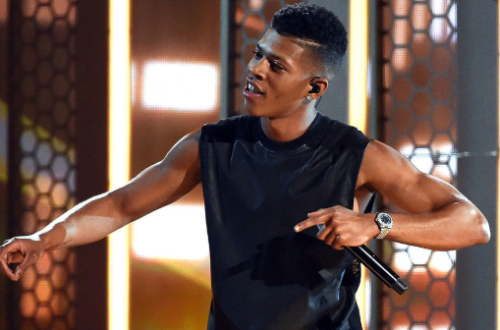Introduction: From Meme to Headlines
Hawk Tuah Arrested In today’s internet-driven world, it doesn’t take long for someone to go from being a regular person to becoming a household name—or at least a trending keyword. “Hawk Tuah” is one of those rare phrases that broke out of niche internet culture and into mainstream conversation. First, it became a meme, then a cultural talking point, and now, with news about “Hawk Tuah arrested,” it has taken yet another unexpected turn.
But what does this phrase actually mean, and how did it lead to the kind of attention where words like “arrested” are being attached to it? That’s what we’re going to unpack in this article. Think of it as a breakdown of internet fame colliding with real-world consequences.
The story isn’t just about one person—it’s about how online moments can spiral, how public perception can fuel narratives, and how quickly attention can shift from laughter to speculation. Whether you’re hearing about this for the first time or you’ve been Hawk Tuah Arrested following the “Hawk Tuah” phenomenon from the beginning, by the end of this article you’ll understand exactly why this topic is everywhere right now.
The Rise of “Hawk Tuah”
Before we dive into the arrest claims, let’s rewind a little. The term “Hawk Tuah” wasn’t born out of some organized campaign. It came from a spontaneous moment that caught people’s attention and spread like wildfire across social media platforms like TikTok, Twitter (now X), and Instagram.
At its core, “Hawk Tuah” became shorthand for something funny, unexpected, and a little unpolished—the kind of raw internet humor people latch onto. The phrase itself is quirky and unusual, which is part of why it stuck. Memes thrive on repetition, and this one had all the right ingredients: easy to say, funny to hear, and instantly recognizable.
In a matter of days, clips and edits flooded timelines. Influencers referenced it, comedians riffed on it, and everyday people started using it as part of their online language. It’s the perfect example of how quickly digital culture moves. What might have been a forgettable soundbite in another context instead became a symbol of the internet’s power to make something small feel massive.
And then, as often happens with viral fame, the tone shifted. People started asking: Who’s behind this? What’s their story? And that’s where the narrative began to change.
The Rumors of an Arrest

When something or someone becomes famous online, it’s only a matter of time before rumors start to swirl. In the case of Hawk Tuah Arrested the latest buzz is centered on the phrase “Hawk Tuah arrested.” Social media posts, comment threads, and clickbait articles all suggest that the person associated with the meme might have run into trouble with the law.
Now, let’s be clear—rumors spread faster than facts on the internet. People love drama, and attaching the word “arrested” to a viral figure makes for instant intrigue. But whether or not those claims are true is another matter entirely. What’s undeniable, though, is the way these kinds of stories add fuel to the fire of internet fame.
Even the idea of an arrest plays into the larger narrative. Suddenly, what started as a lighthearted meme is now being discussed in more serious terms. Hawk Tuah Arrested People want details: What happened? Was it related to the viral moment? Is this just a misunderstanding?
That curiosity is what keeps the story alive. In fact, half the time, the buzz around an arrest has less to do with the actual incident and more to do with the way people speculate online.
Internet Fame and Its Consequences
One of the biggest takeaways from the “Hawk Tuah arrested” saga is how unpredictable internet fame really is. When someone goes viral, they don’t have a handbook or a roadmap for what comes next. What begins as a funny moment can quickly evolve into something much bigger—and not always in a good way.
Sudden fame brings attention, but it also brings scrutiny. Every action, past or present, can be pulled apart and examined under a microscope. Jokes that were once celebrated might be criticized, and rumors that might normally fade away can explode into trending topics. For the person at the center of it all, that can feel overwhelming.
In many ways, this is the double-edged sword of social media culture. On one hand, viral fame can create opportunities—brand deals, appearances, collaborations. On the other hand, it can also invite negativity, invasive curiosity, and in some cases, real-life consequences like doxxing or harassment. When the word “arrested” enters the conversation, it highlights just how quickly things can turn serious.
How the Public Reacted
The reactions to “Hawk Tuah arrested” have been as varied as you’d expect. Some people immediately believed the story and started sharing it as fact. Others were skeptical, pointing out that the internet has a long history of exaggerating or fabricating drama for clicks. And then, of course, there are those who see the whole thing as just another layer of entertainment in the ongoing meme.
Social media thrives on this mix of belief, disbelief, and humor. You’ll see one post claiming confirmation of an arrest, followed by another joking about it, Hawk Tuah Arrested followed by someone else demanding proof. This cycle keeps the story in circulation, whether or not there’s any real substance behind it.
What’s interesting is how the tone shifts depending on the platform. On TikTok, for example, people remix the rumor into new jokes and skits. On Hawk Tuah Arrested Twitter, the debate leans more toward whether the news is real or fake. Meanwhile, on forums like Reddit, users dissect every piece of “evidence” to figure out what’s true. Together, these platforms create a collective narrative that’s messy but fascinating to watch.
The Bigger Picture: Memes, Myths, and Reality
At the end of the day, the phrase “Hawk Tuah arrested” says more about internet culture than it does about any single individual. It’s a reflection of how memes evolve, how quickly stories can escalate, and how blurred the line between fact and fiction becomes in the online space.
This isn’t the first time a viral figure has been hit with rumors of an arrest, and it won’t be the last. In fact, it’s almost a pattern at this point: something funny goes viral, the person behind it gains instant fame, and then, eventually, controversy (real or imagined) finds its way into the story.
It’s also a reminder that what we see online is often just a version of reality. Without verified sources, the truth gets lost in the noise. People click, share, and comment because the headline grabs their attention—not because they’ve fact-checked it. In that sense, “Hawk Tuah arrested” is less about a crime and more about the way we consume media today.
Conclusion: What We Can Learn from “Hawk Tuah Arrested”
So, was “Hawk Tuah” really arrested? The answer may matter less than the conversation it sparked. What’s clear is that this phrase has gone from being a quirky internet meme to a talking point about fame, speculation, and the power of online narratives.
The story illustrates how quickly things change in the digital age. One week, you’re a meme. The next, you’re trending for a rumor of being Hawk Tuah Arrested arrested. And whether or not the rumor is true, it sticks in people’s minds, shaping the way they see you.
For the rest of us, the lesson is simple: take online headlines with a grain of salt. Enjoy the memes, laugh at the jokes, but remember that real people are behind these viral moments—and real consequences can come with sudden internet fame.
In the end, “Hawk Tuah arrested” might be just another meme-fueled rumor. But the way it captured attention says a lot about where we are as a culture: addicted to stories, fascinated by drama, and always ready to turn the next viral sensation into a headline.



